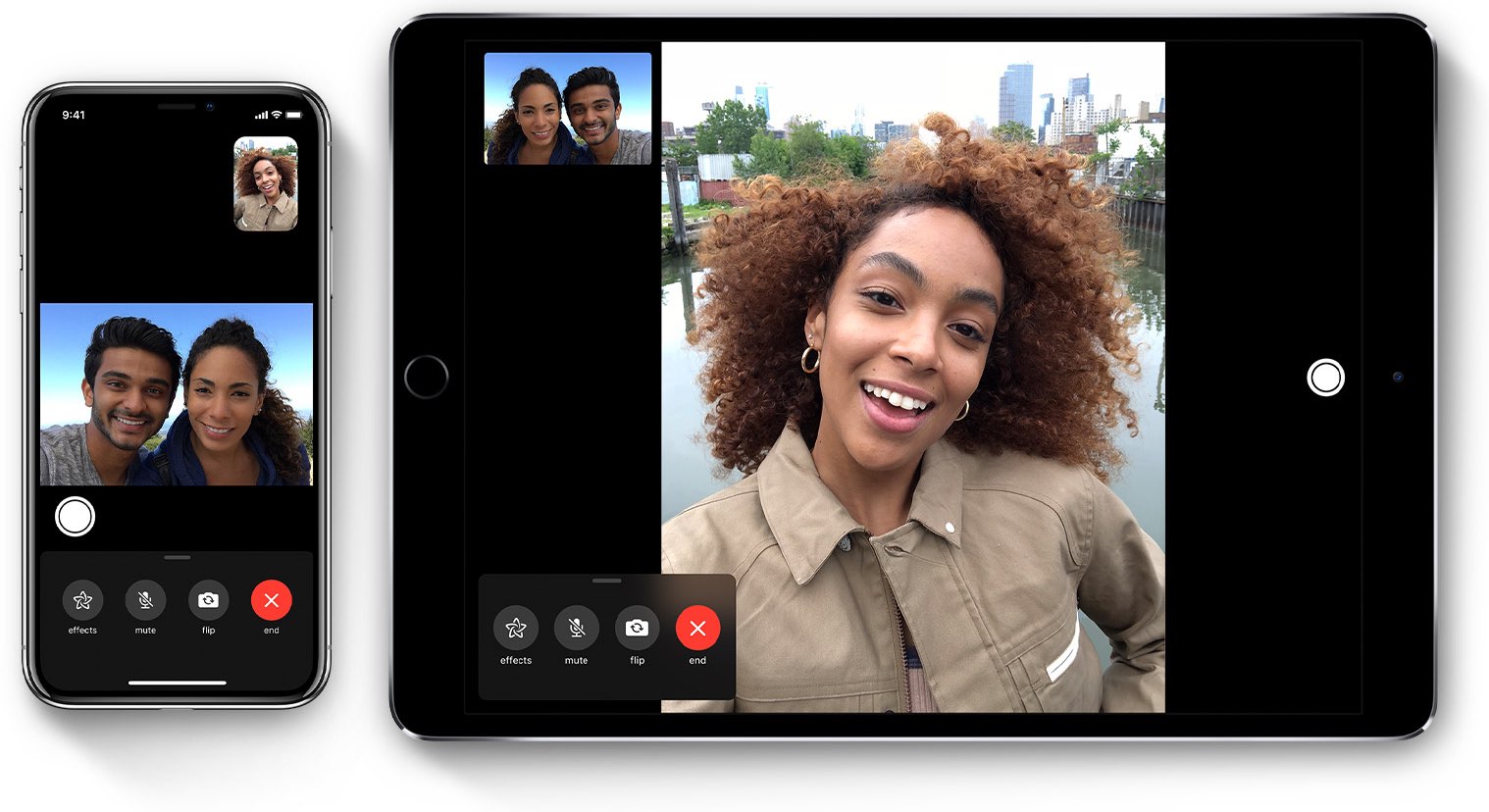
For more than a decade, Apple was locked in a legal battle with VirnetX over patent infringement related to FaceTime, and now Apple might experience a similar situation with a different company.
As was first reported on Wednesday by Patently Apple, a company called VoIP-Pal (VoIP-Pal.com) has filed a patent infringement case against Apple — and a variety of other companies including Google, Amazon, and Facebook/WhatsApp. When it comes to Apple, the patent infringement case revolves around routing messages over the internet, which VoIP-Pal says Apple infringes upon:
The company claims that Apple’s FaceTime and Messaging System infringes granted patent 10,218,606 titled ” Producing routing messages for voice over IP communications.”
This is a rather interesting argument put forward by VoIP-Pal, because the company is clearly swinging for the fences here. The complaint is long, with VoIP-Pal going over the very history of telecommunications — even long before VoIP-Pal or Apple was in this sort of business — and even tries to argue that it had basically invested the idea of connecting people over networks, be it private or public.
You can check out the full complaint over at Patently Apple, but here’s the important bit regarding FaceTime and iMessage:
Apple manufactures devices related to communications, and in particular, supports an audio/video-over-IP platform (“FaceTime”) that includes Apple desktop computers, laptops, tablets, watches and mobile devices; software applications running on such devices; and servers, nodes and/or clusters operated by Apple that allow audio/video and audio-only calls to be placed over different networks.
Apple FaceTime allows an Apple device, including desktop and tablet devices, to initiate an audio/video call or an audio-only call between a first participant and a second participant. A first participant profile (e.g., a contact list specific to the initiating party) is utilized in the determination of how a call is routed to a second participant’s device. On information and belief, each participant device is associated with one or more network elements, e.g., servers, clusters and/or nodes. The second participant may be associated with the same node and/or cluster as the first participant or may be associated with another node and/or cluster.
Apple manufacturers, supports and operates a messaging platform (the “Apple Messaging System”) that includes Apple desktop computers, laptops, tablets and mobile devices, software applications running on such devices and servers associated with iMessage, an instant messaging service.
The Apple Messaging System allows smartphone and desktop users to send messages including text, images, video and audio to others. The Apple Messaging System allows devices to initiate a communication between a first participant and a second participant. A first participant profile (e.g., the initiating party’s contact list) is utilized in the determination of how an initiated communication such as an iMessage is routed to the second participant’s device.
On information and belief, each participant device is associated with one or more network elements (e.g., clusters and/or nodes). The second participant may be local to a network element (e.g., node and/or cluster) associated with the first participant or may be accessible on another node and/or cluster. Subsequent to a first communication, a communication may be established to a third participant device over a public network (e.g., PSTN). FacetTme and the Apple Messaging System are referred to in this Complaint as the Accused Instrumentalities.
So VoIP-Pal is arguing here that Apple is using technology it invented that’s present in two of the company’s most popular features. There does seem to be a catch, though. VoIP-Pal’s patent application related to this case was only filed by the company in 2018. That means VoIP-Pal is claiming it invented technology that Apple has been using since 2010 in the case of FaceTime, and since 2011 in the case of iMessage.
Does that mean this will get tossed out of court? Who knows. But I imagine Apple is hoping that it doesn’t get stuck in a legal battle for more than a decade that ultimately results in the company having to pay more than $450 million.